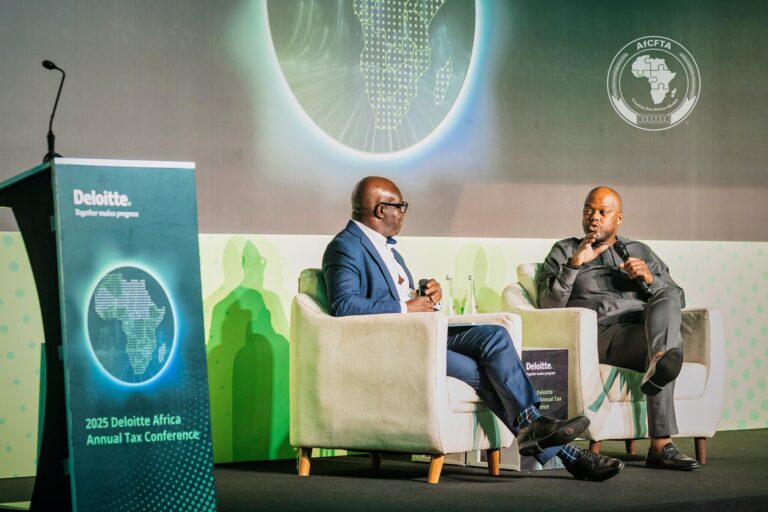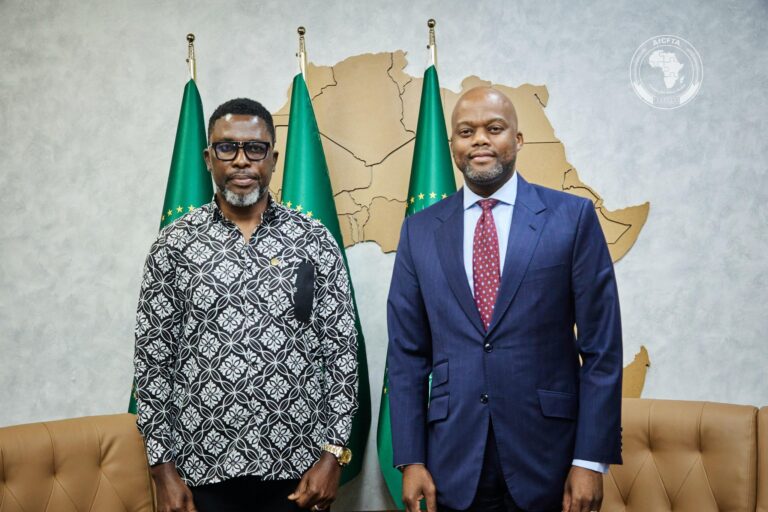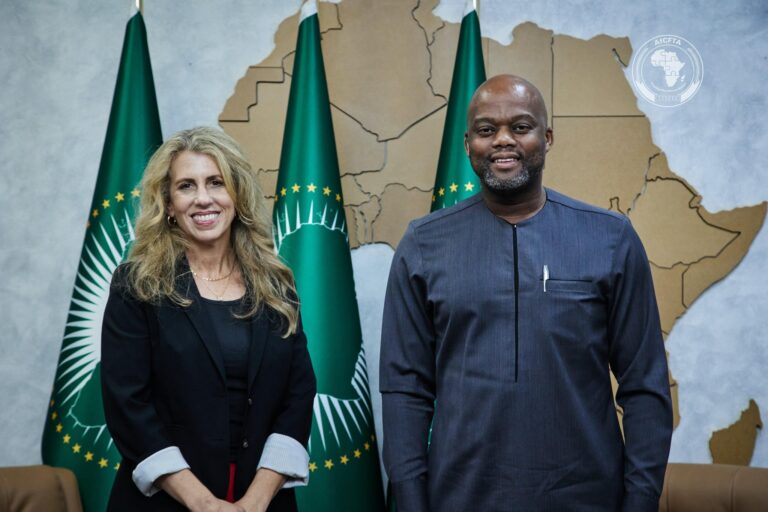Maputo, Mozambique; 29 August 2024: The 18th Meeting of the Committee of Senior Trade Officials (STOs) of the African Continental Free Trade Area (AfCFTA) successfully concluded in Maputo, Mozambique. Over a period of four days, the meeting brought together representatives from AfCFTA State Parties, non-State Parties, and Regional Economic Communities (RECs) to discuss crucial aspects of the conclusion of the AfCFTA negotiations and the implementation dimensions of the Agreement. Riding on sustained momentum since the adoption of the AfCFTA, the meeting registered a continued commitment of the continent to realizing a single, unified market across Africa.
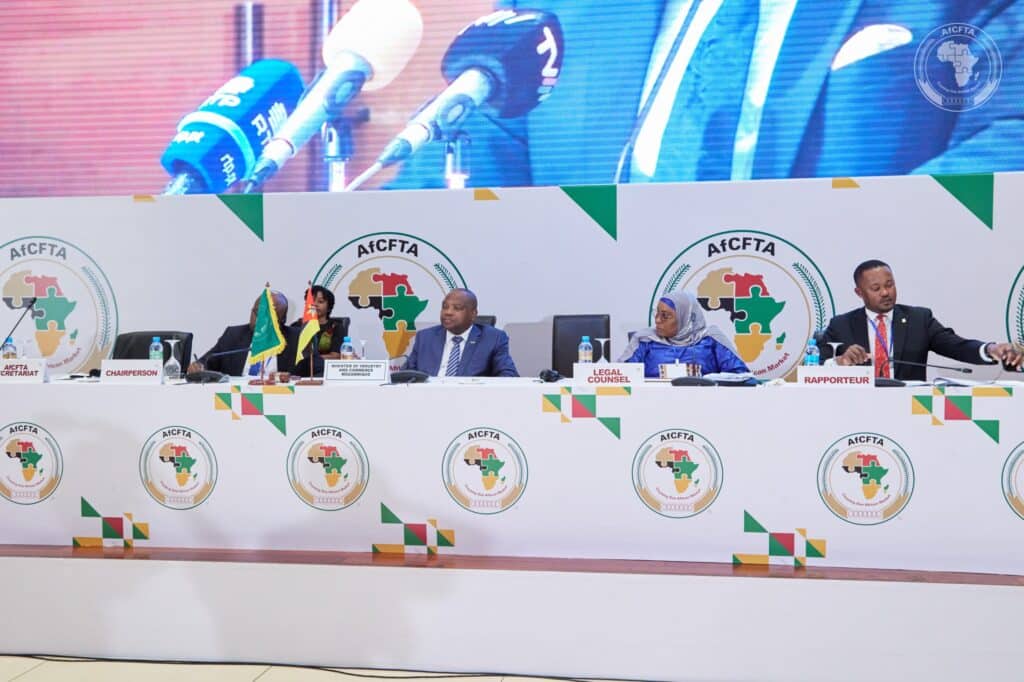
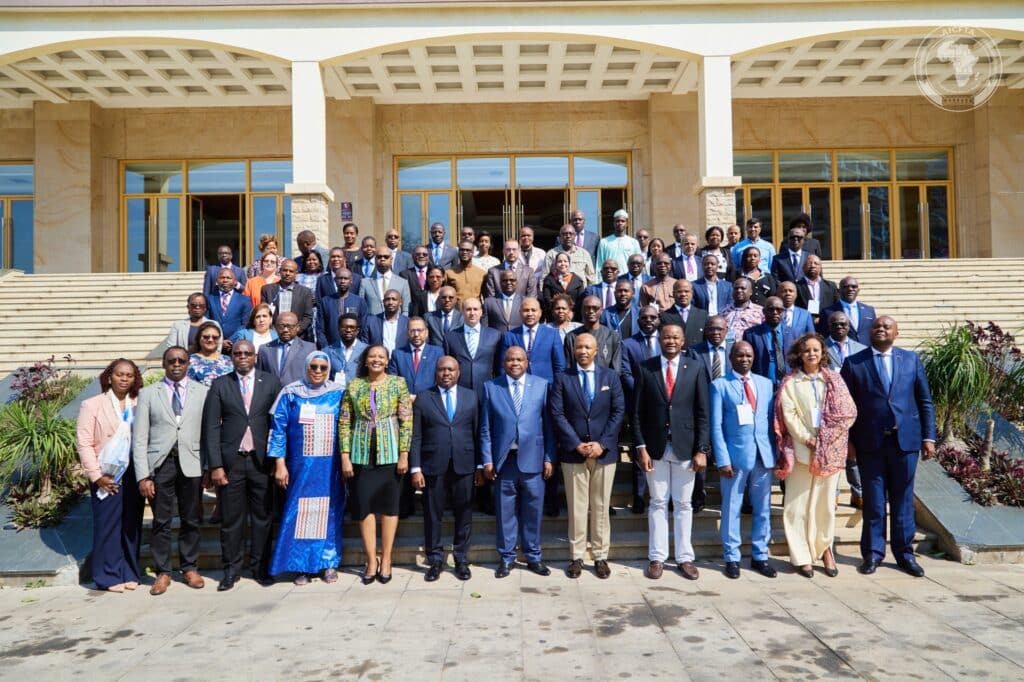
In his official opening remarks, His Excellency Silvino Augusto José Moreno, the Minister of Industry and Commerce of the Republic of Mozambique, highlighted the strategic importance of the AfCFTA for Africa’s economic growth and Mozambique’s role in regional and continental integration. He emphasized that “this event is of significant importance to Mozambique, as it takes place amidst deepening negotiations on the continent. Mozambique is committed to playing an active role in Africa’s economic integration, showcasing our contributions under the ‘Made in Mozambique’ label.” He also underscored Mozambique’s strategic location as a gateway to six SADC countries, positioning it as a key logistical hub to facilitate trade within the AfCFTA’s continental integration framework.
Following the Minister’s address, Mr. Tsotetsi Makong, the Chief Technical Advisor on Trade Negotiations and Trade Policy, delivered remarks on behalf of H.E. Wamkele Mene, Secretary-General of the AfCFTA Secretariat. He underscored the critical tasks assigned to the STOs, reflecting the directives from the 14th Council of Ministers and the 6th Mid-Year Coordination Meeting of the Assembly of Heads of State and Government. Makong emphasized the importance of finalizing the annexes to the Protocol on Digital Trade and the Draft Ministerial Regulations on Women and Youth in Trade by October. He noted that these deliverables are pivotal for advancing the AfCFTA’s mission to create “One African Market” and delivering economic benefits to MSMEs and SMEs, which constitute over 95% of market players on the continent. He stressed the importance of riding on the sustained momentum for economic integration across the continent.
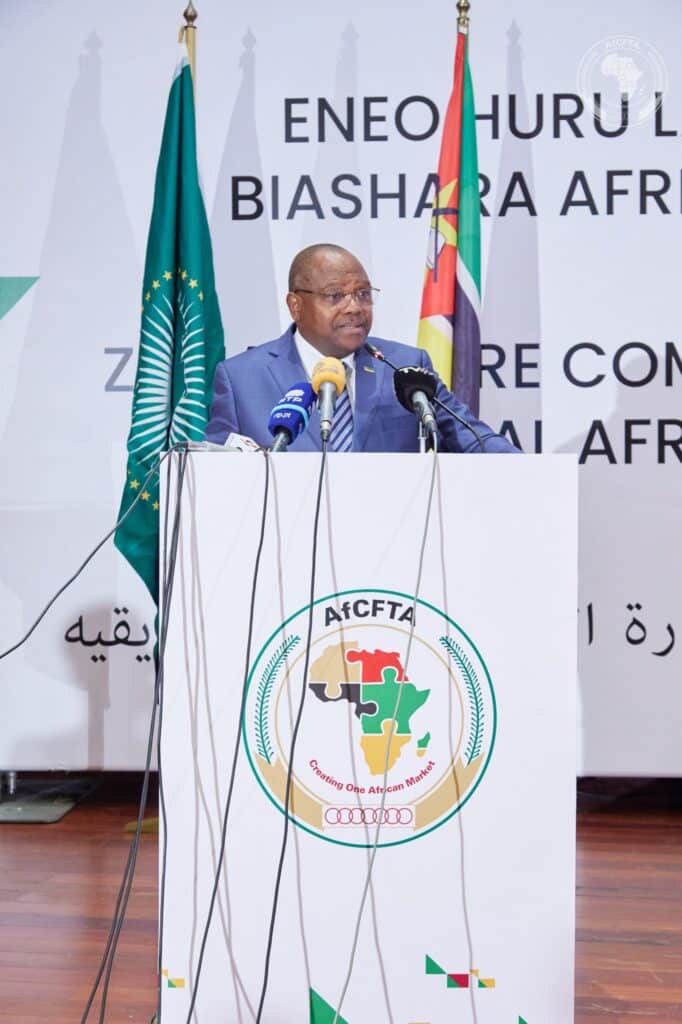
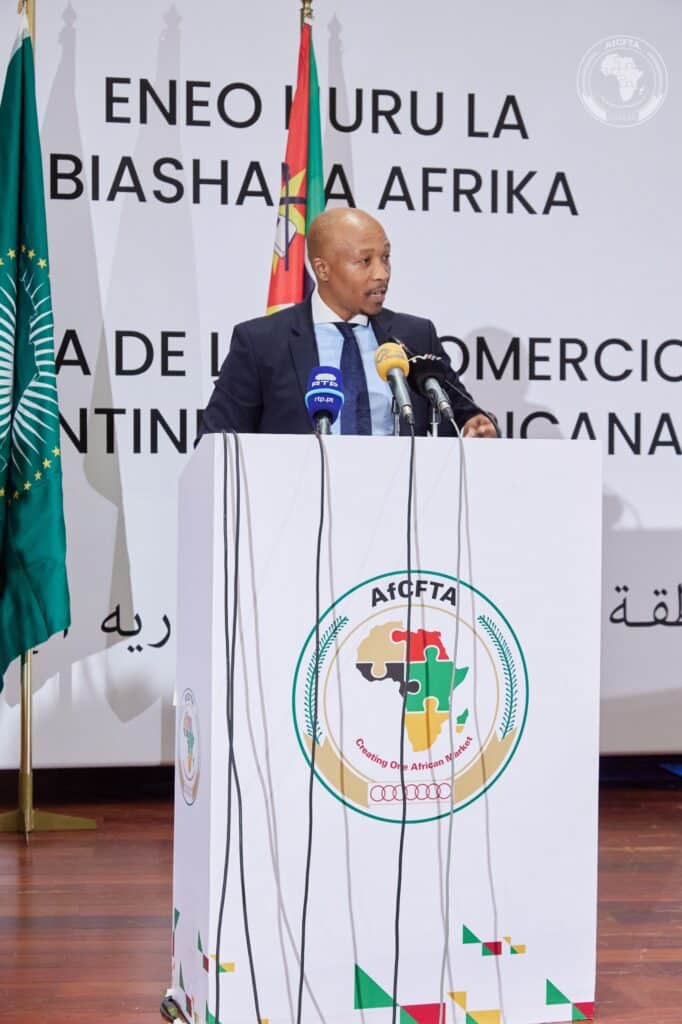
One of the primary discussions of the STOs’ meeting centered around the Guided Trade Initiative (GTI) on Services, a strategic effort by the AfCFTA Secretariat to expedite the implementation of commitments under the Protocol on Trade in Services. The Secretariat presented a comprehensive overview of the initiative, emphasizing its potential to unlock new opportunities for African service providers across various sectors. Delegates highlighted the importance of transparency and the need to make schedules of specific commitments readily accessible online to facilitate private sector engagement. The call for the development of a comprehensive database to track demand and supply trends was also endorsed by the meeting.
The meeting featured in-depth presentations on key sectors, including Business Services, Financial Services, and Transport Services. These sectors are pivotal to the success of the AfCFTA, and discussions underscored the need for robust regulatory frameworks to support the implementation of trade commitments. Delegates also stressed the importance of private sector involvement in driving the Guided Trade Initiative, suggesting the formation of services coalitions to facilitate this process. The presentations painted a promising picture of Africa’s potential in several sectors while underlining the work that remains to be done to ensure that the vast opportunities at Africa’s disposal are fully realized.
In line with the AfCFTA’s goal of creating a cohesive and powerful trading bloc, the Secretariat presented a Technical Paper on Free Trade Agreements (FTAs) with third parties. This paper was developed at the directive of the Council of Ministers. It explored the legal basis for State Parties to engage in such agreements without undermining the objectives of the AfCFTA. The paper highlighted potential pain points of third-party arrangements vis-à-vis the objectives of the AfCFTA and the increasing interest of third parties in capturing the lucrative African market while cautioning against perpetuating an Africa that is a consumer market for the rest of the world. Delegates emphasized the need for Africa to speak with one voice and underscored that the continent is not yet ready to negotiate with third parties as a bloc, stressing the need to safeguard the continent’s industrialization ambitions. The meeting also called for further revisions to enrich the paper with perspectives shared by delegations.
Another highlight of the meeting was the update on preparations for Biashara Afrika 2024, scheduled to take place in Kigali, Rwanda, from October 9-11, 2024. This event, organized in collaboration with the Rwandan Government, is expected to attract over 1,000 participants from across the continent, including leaders from various industries. The focus will be on key sectors such as agriculture, pharmaceuticals, and digital technologies, aligning with the AfCFTA’s Private Sector Engagement Strategy. The event will also showcase the second phase of the Guided Trade Initiative, marking another step forward in the continent’s economic integration journey.
The STOs adopted the report of their 18th meeting, which encapsulates the discussions and key decisions made over the four days of the meeting. The next meeting is expected to be scheduled following consultations with the Bureau of the Council of Ministers. The progress made in Maputo reflects the ongoing commitment of African nations to creating “One African Market” under the AfCFTA, a vision that is steadily becoming a reality.
